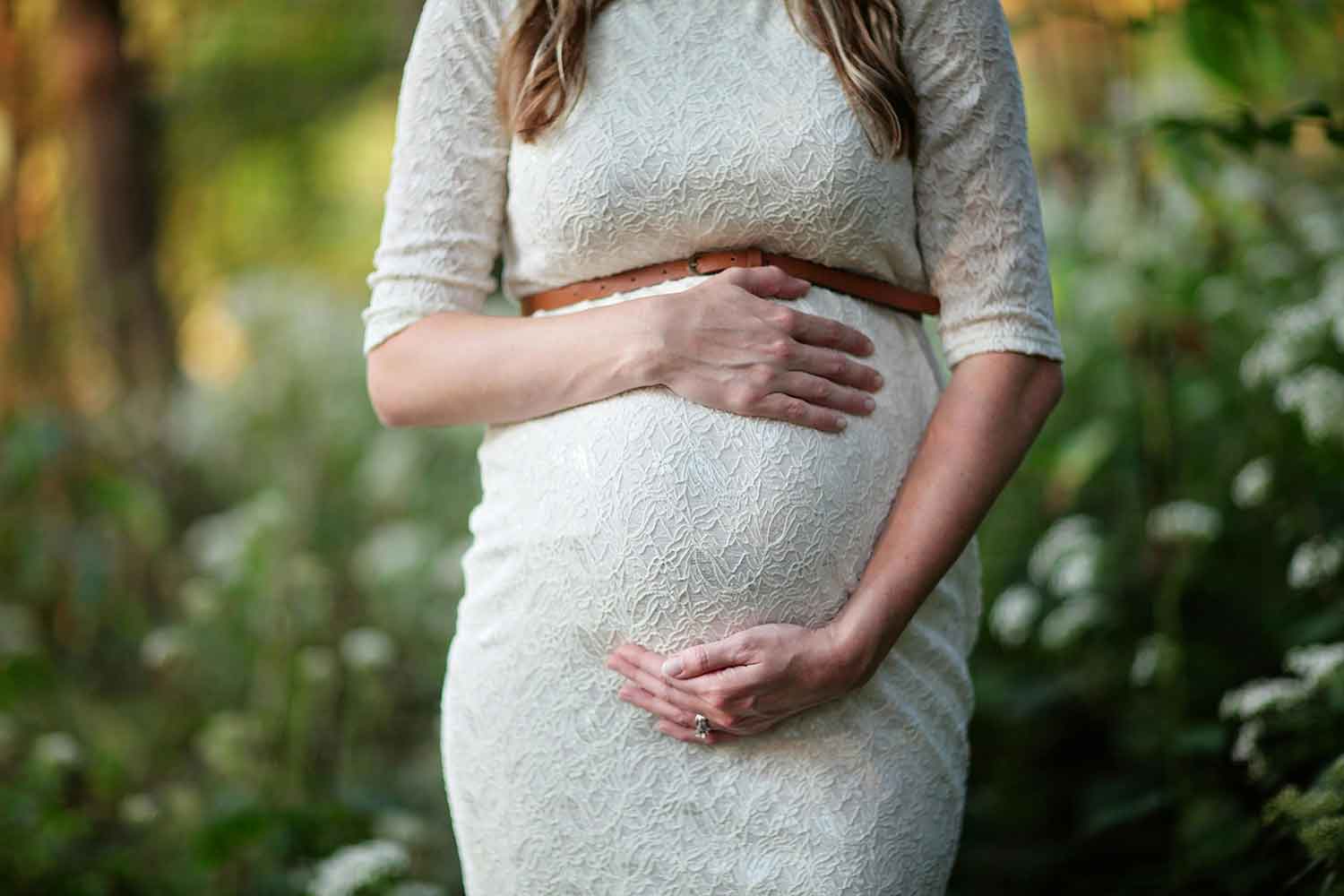Medical Marijuana and Pregnancy: What Every Expecting Mother Should Know


Emmanuel Foret
Writer, Editor, Social Media Manager
April 10, 2025

Photo credit: iStock
Key Takeaways:
-
Medical marijuana is not considered safe during pregnancy or breastfeeding—its active ingredient, THC, crosses the placenta and can affect fetal development, potentially leading to low birth weight, cognitive delays, and behavioral issues.
-
Pregnant or breastfeeding women should avoid all forms of marijuana use, including medical marijuana, and consult their healthcare provider for safer alternatives to manage symptoms like nausea, anxiety, or pain.
The growing acceptance of marijuana for both medical and recreational use has raised new questions—especially among women who are pregnant or planning to become pregnant. While cannabis may be legal in many states, its safety during pregnancy is far from established. In fact, mounting evidence suggests that using marijuana, including medical marijuana, while pregnant or breastfeeding may pose significant risks to both the mother and baby.
Understanding the Impact of Medical Marijuana on Pregnancy
Medical marijuana is often used to manage conditions like chronic pain, anxiety, nausea, and poor appetite—all of which can be particularly challenging during pregnancy. Some women report turning to marijuana when prescription medications feel too risky or after hearing anecdotal claims that cannabis is a “natural” and safer option. However, the idea that natural means safe is misleading. Substances like high doses of vitamin A are also natural but can be harmful during pregnancy.
When marijuana is used—whether smoked, vaped, eaten, or applied topically—its active ingredient, tetrahydrocannabinol (THC), crosses the placenta and enters the fetal bloodstream. This means that the developing baby is directly exposed to the psychoactive components of the drug. THC is highly lipophilic, meaning it’s stored in fat and can remain in the body long after use, slowly releasing over time. As a result, even infrequent use can lead to prolonged exposure for the fetus.
How Medical Marijuana Can Affect Fetal Development
Research into the effects of medical marijuana and pregnancy is ongoing, but several concerning patterns have emerged. Studies suggest that prenatal exposure to cannabis may be linked to:
-
Low birth weight and smaller head circumference
-
Higher risk of stillbirth
-
Shorter birth length
-
Impaired brain development
-
Long-term learning and behavioral issues
One of the more troubling findings is the potential for cognitive and behavioral problems that don’t show up until years later. Children exposed to marijuana in the womb have shown lower scores on tests measuring attention, memory, and problem-solving skills. Some studies even suggest a correlation between prenatal marijuana exposure and an increased likelihood of substance use in adolescence.
The frequency and timing of use also matter. For example, women who use marijuana weekly or more during pregnancy may face a higher risk of giving birth to a baby weighing less than 2,500 grams. Use during the first and second trimesters appears especially risky, as these are crucial periods for fetal organ and brain development.
Risks to Mothers and Breastfeeding Infants
Medical marijuana use isn’t just a concern for the developing baby—it can also affect the mother’s health and safety. Smoking marijuana can damage the lungs and reduce oxygen levels, which may lead to complications for both mother and baby. In addition, marijuana impairs judgment and coordination, increasing the risk of falls or injuries during pregnancy.
Breastfeeding mothers who use marijuana should also be cautious. THC passes into breastmilk and can be stored in the baby’s fat cells, creating potential for continued exposure even after the mother stops using cannabis. While more research is needed to fully understand the effects of marijuana through breastmilk, current guidance discourages its use while nursing due to the unknowns and possible risks.
Get Your Florida Medical Marijuana Card Today! – Book Now!
Take the first step toward natural relief. Schedule your medical exam at The Card Clinic and see if you qualify for a Florida Medical Marijuana Card. Our compassionate doctors are here to guide you every step of the way.
Why Medical Marijuana Is Not a Safer Option During Pregnancy
Some expectant mothers assume that medical marijuana, because it may be recommended by a healthcare provider, is inherently safer than recreational marijuana. However, both forms contain THC and can carry the same risks. Furthermore, there are no standardized dosages or formulations, and marijuana has not been approved by regulatory agencies for use during pregnancy or breastfeeding. This means safety data is lacking, and potential side effects are not well understood.
In fact, leading experts recommend that providers avoid suggesting marijuana for pregnant patients, even for medicinal reasons. Instead, safer alternatives should be explored. For nausea, for example, lifestyle changes or certain medications with more established safety records may be a better option. For pain or anxiety, treatments like physical therapy, counseling, or other non-drug strategies may be more effective and far less risky.
“The safest choice for expectant and breastfeeding mothers is to avoid marijuana entirely.”
Helping Women Make Informed Choices
Navigating pregnancy is already a time filled with decisions, hopes, and concerns. When it comes to medical marijuana and pregnancy, the best approach is caution. If a woman is currently using marijuana and becomes pregnant or is planning to conceive, the recommendation is to discontinue use and discuss safer alternatives with her healthcare provider.
For those struggling to stop using marijuana, support is available. Behavioral therapies, support groups, and counseling can help women address both the physical and social challenges of quitting. The goal isn’t just to stop cannabis use—it’s to create the healthiest possible environment for both mother and child.
Conclusion
While medical marijuana can offer relief for many conditions, pregnancy changes the equation entirely. The potential risks to the developing fetus—from low birth weight and cognitive delays to behavioral issues later in life—are too serious to ignore. Until more conclusive evidence is available, the safest choice for expectant and breastfeeding mothers is to avoid marijuana entirely. When in doubt, open communication with a healthcare provider can make all the difference.
Marijuana Guides
How to Get a Medical Marijuana Card in Florida: Everything You Need to Know
Marijuana Guides
How Long Does Weed Last in Ziploc? A Comprehensive Guide to Weed Storage
Marijuana Guides

